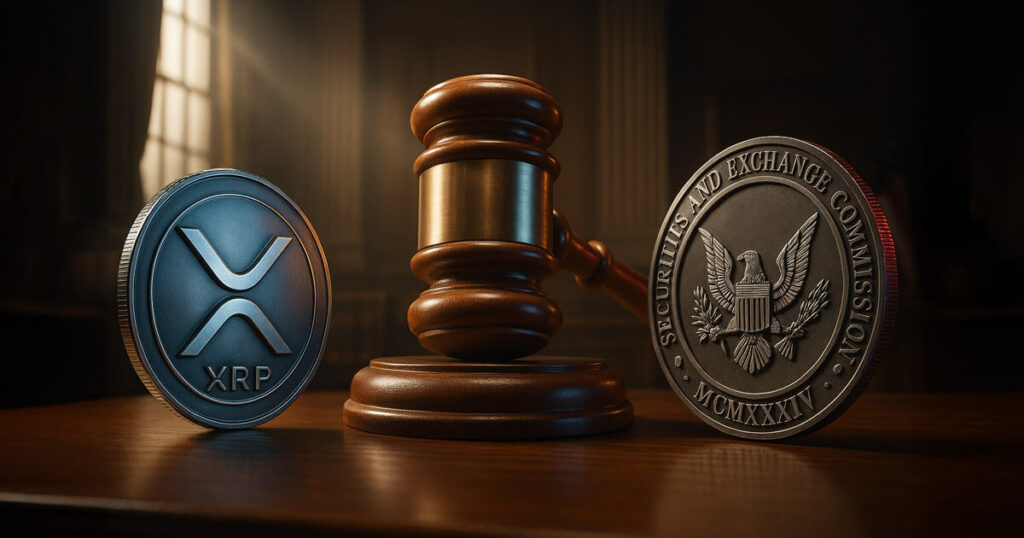US Securities and Exchange Commission (SEC) Commissioner Caroline Crenshaw has raised concerns about the recent settlement between the SEC and Ripple Labs. In a statement on May 8, Crenshaw criticized the agreement, stating that it weakens regulatory oversight and fails to protect investors.
Crenshaw argued that the settlement undermines the authority of the court and the SEC to enforce securities laws. She warned that the deal is part of a broader trend of ineffective crypto regulation. The Commissioner expressed her disappointment with the agreement, stating:
“The settlement joins a line of dismissals that collectively erode the credibility of our lawyers in court who are being asked to take legal positions today contrary to the ones taken just months ago. And it stands in defiant contravention of the doctrine of regularity of government affairs.”
The SEC and Ripple Labs have been working towards a resolution of the SEC’s case against Ripple and its co-founders, Brad Garlinghouse and Christian Larsen. As part of the agreement, the SEC requested that a district court lift a previous injunction against the company, allowing Ripple to regain access to over $75 million held in escrow.
However, Crenshaw believes that the terms of the settlement are too lenient. She expressed concern that by lifting the previous penalties imposed by the court, the agreement prevents the SEC from taking future enforcement actions related to XRP sales. This, in her view, weakens the legal precedent and limits the Commission’s ability to address similar cases in the future.
Crenshaw also noted that the settlement reflects a troubling shift within the SEC towards reducing its crypto enforcement agenda. She warned that this could send confusing signals to the public and the industry, leaving investors vulnerable and lacking the clarity needed for informed decision-making.
The Commissioner raised questions about the implications of the settlement on the market and investor protection. She emphasized the importance of consistency in enforcement actions and the need for clear guidelines to ensure investor confidence.
In conclusion, Crenshaw stated that the agreement raises more questions than answers, particularly regarding enforcement consistency and investor protection. The SEC’s approach to crypto regulation and enforcement will continue to be a topic of debate and scrutiny in the coming months.

